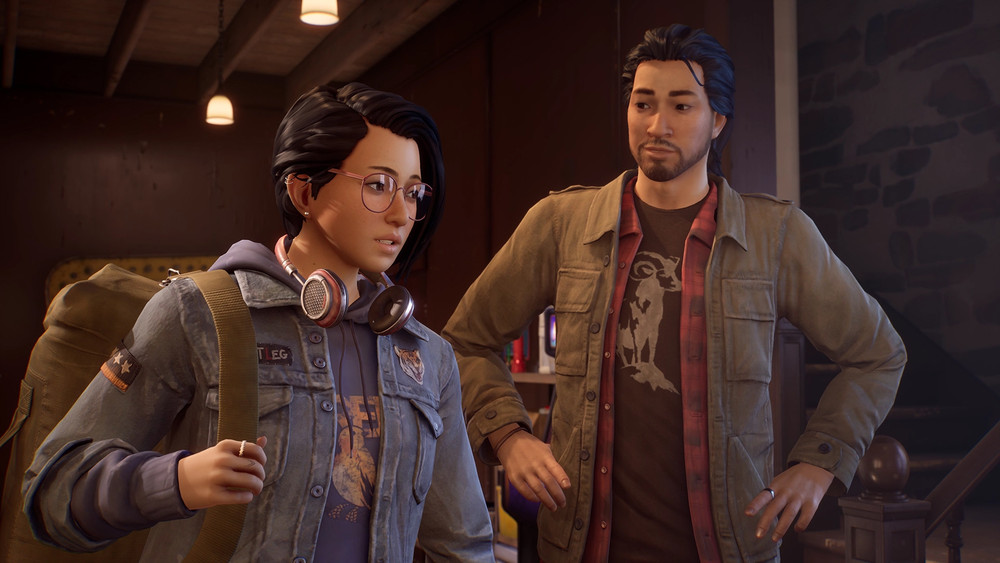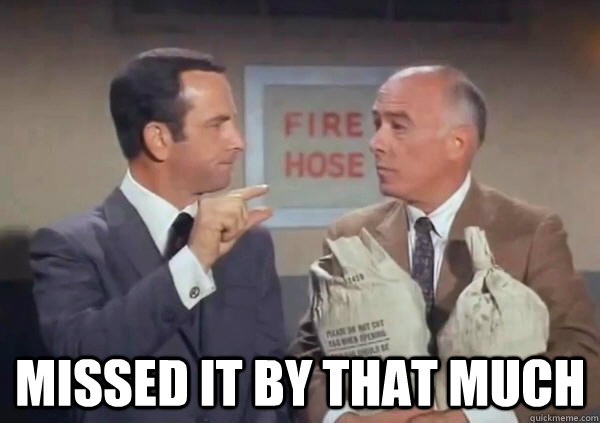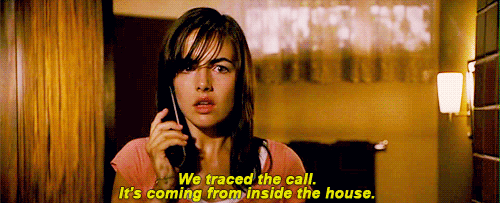Draugoth
Gold Member

Early last year, while working on the next entry in the Life Is Strange franchise, a few developers at Deck Nine stumbled upon something that didn't belong in their game: Nazi symbols.
Initially, developers noticed a reference to the number 88, and flagged the issue to their bosses assuming it was an innocent mistake. But in the ensuing weeks, others found more problematic signs and in-universe labels, such as references to a racist meme, the number 18, and the Hagal rune. As the number of possible hate symbols mounted, staff grew increasingly concerned that someone was putting these items in their game deliberately as a dog whistle to white supremacists.
Nazi imagery would be inappropriate in most games, but in a Life Is Strange title the dissonance was especially frightening. Since its inception, the series has been lauded for thoughtful portrayals of marginalized individuals. Its most recent entry, Life Is Strange: True Colors, won Games for Impact at The Game Awards in 2021 and a GLAAD Media Award for Outstanding Video Game. With such a reputation, developers tell me, there was an expectation that any whiff of hate speech would be immediately removed and thoroughly investigated.
But as weeks went by, management remained silent and staff unrest grew. This wasn't the first time executives had failed to act when marginalized individuals at the studio felt unsafe. According to over a dozen current and former employees across several departments, most of whom spoke to me on condition of anonymity for fear of reprisal, Deck Nine's management has long let a toxic work culture fester at the studio. They claim the C-suite has protected multiple abusive leaders, encouraged crunch, and allowed bullying of individuals advocating internally for more authentic representation in Life Is Strange.
Now on the cusp of announcing its next game and struggling to secure other projects, Deck Nine leadership is facing growing internal discontent from those harmed by its inaction. While the developers of Life Is Strange love and believe in the series, many of them increasingly struggle to reconcile the values the games promote with the culture in which they are made.
Full Article











